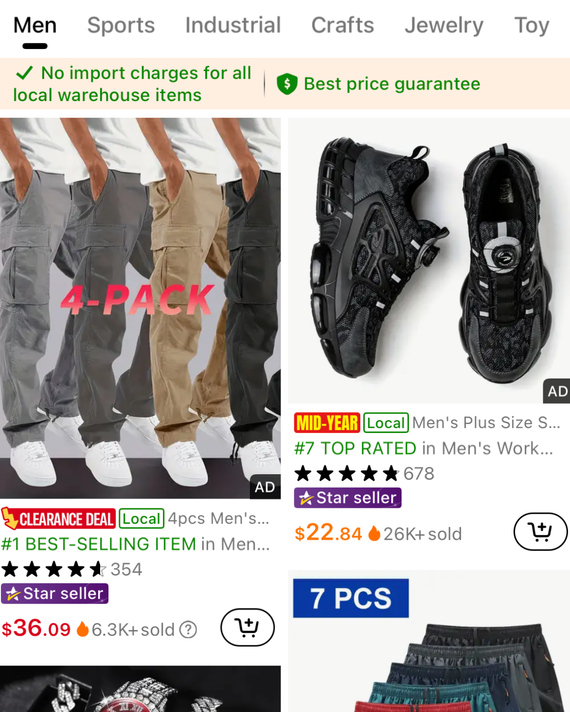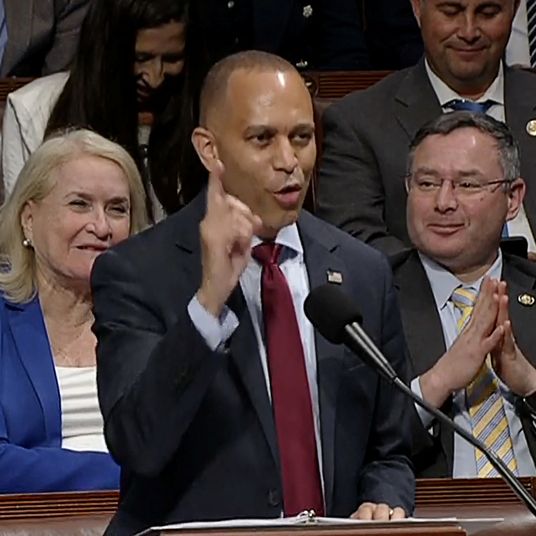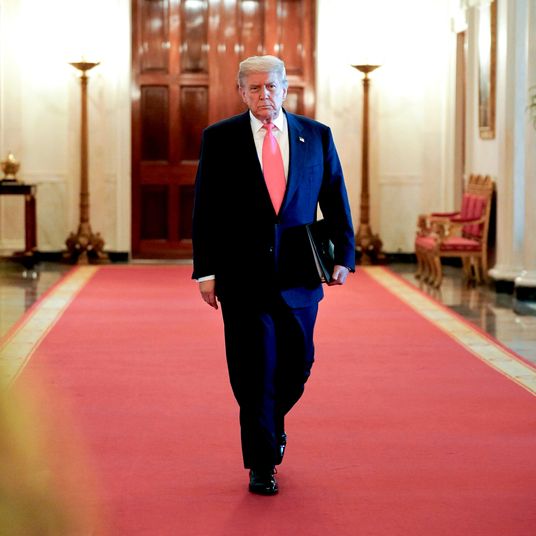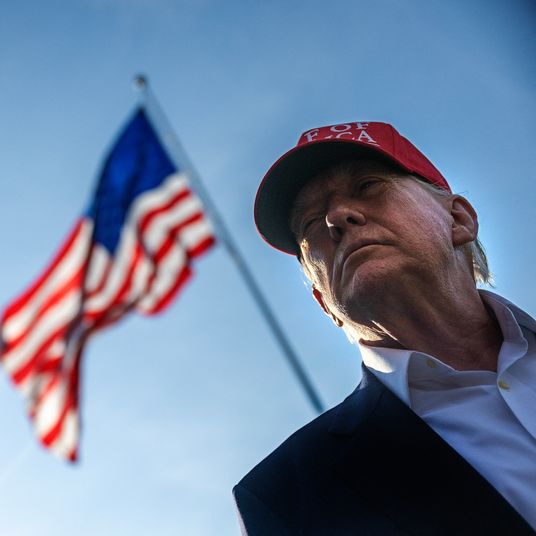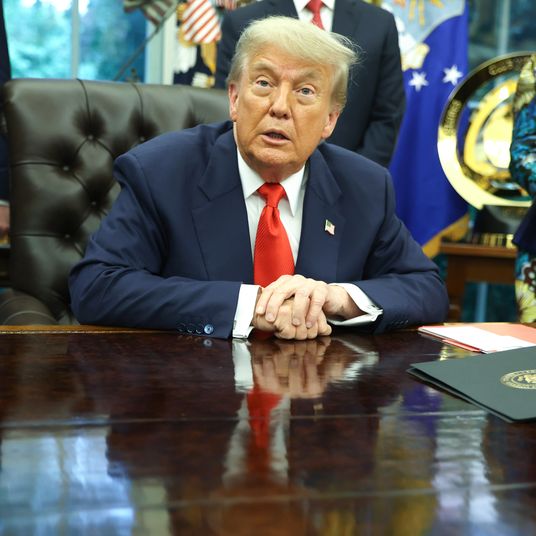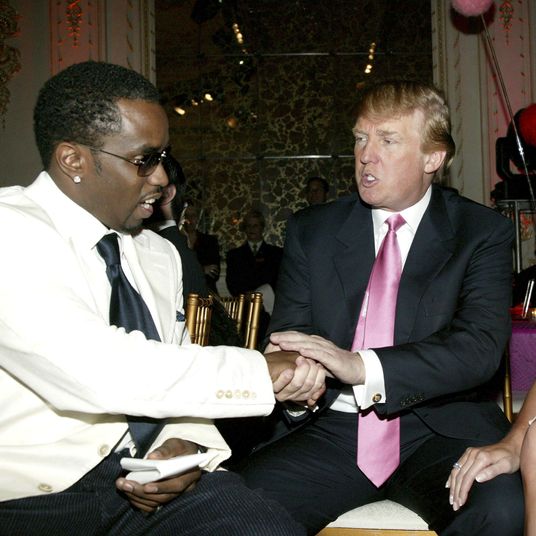
Say you run a relatively new but quite massive e-commerce operation built around the thesis that customers in relatively wealthy economies would be comfortable buying goods more directly from Chinese manufacturers. You’ve spent billions of dollars on this bet, building an Amazon-like platform and advertising heavily in America, the largest and wealthiest consumer market. Customers seem to like your business, spending so much money on assorted cheap goods that postal workers start complaining about the hundreds of millions of cross-border packages flooding the system.
Then, after years of warnings and threats that never quite came to fruition, the American government did two things: It abruptly changed a policy that allowed direct-from-China goods below $800 to whiz through customs duty-free. Then it announced new import tariffs, first at 25 percent, then 30 percent, then 104 percent, then 145 percent, then temporarily back to 30 percent, with a threat of returning to 145 percent or beyond. One month, you’re the avatar of a new era of rush-to-the-bottom maximalist shopping habits. The next, you’re not just collateral damage in a trade war — you’re Temu, a specific target marked for destruction. What do you do?
Quite a few things, and quickly. You and your sellers ship as much product as possible to America to get ahead of the changes. In fact, you send far more than your limited third-party logistics infrastructure can support, leading to reports that workers are sleeping in warehouses. With prices spiking, you replace virtually every visible item in your app with goods that have already been transported to the U.S., severely limiting your production selection. Your sudden reliance on “local” sellers, who had previously been reluctant to join a marketplace where competing on price would be fairly hopeless, leads to a proliferation of drop-ship scammers and misleading listings. You start advertising comparatively big-ticket items and raising the price threshold for free shipping. The “games” and engagement hacks that already featured heavily in your app now practically overwhelm it. Mostly, you stare down the reality of higher prices, higher costs, and a business model that, under a new punishing and unpredictable regulatory regime, might not make sense.
For a few years, Temu was an Amazon competitor with a few key advantages resulting largely from trade policy; now it’s an Amazon competitor with a few key disadvantages resulting largely from trade policy.
These changes were all obvious enough from the outside, and to Temu’s devoted customers, many of whom are upset and some of whom seem confused about what’s happening to their favorite portal for suspiciously cheap stuff. But it wasn’t until this week that the effects on Temu’s business started to show in the numbers. Temu’s parent company, PDD Holdings, which also runs Chinese e-commerce giant Pinduoduo, saw its first-quarter net profit fall 47 percent, a steeper decline than the already gloomy estimates by analysts. “Radical change in external policy environments such as tariffs has created significant pressure for our merchants,” said the company’s co-CEO. “No matter how policies shift, we’ll continue to strengthen our operations in the markets we serve, helping more local merchants grow on our platform and enabling more orders to be fulfilled from local warehouses,” he continued.
Temu’s last quarter may plausibly be its worst, in tariff terms — the Trump administration has already de-escalated somewhat on broad tariffs and cross-border postal fees — but anything short of a total rollback is likely to be disastrous for the firm.
Meanwhile, ultra-fast-fashion retailer Shein is showing its own signs of distress. Shein’s planned IPO has been kicked from early 2025 to later in the year, according to the Financial Times, which also reported that the company’s profits have fallen dramatically in recent months, largely due to competition from Temu. This week, Reuters reported that, under pressure from the Chinese government, the company was no longer working toward an IPO in London, but rather shifting its efforts to a listing in Hong Kong, signalling a larger decoupling from Western markets. More recent third-party data also tells a story of major decline:
Shein posted a 23% drop in observed US sales during the week of April 25 to May 1, compared to the prior seven days when the price increases hadn’t set in, according to Bloomberg Second Measure, which analyzes credit and debit card data.
PDD Holdings Inc.-owned Temu’s sales fell 17% in the same period, the data show. The sales drop seen by both online marketplaces contrasted with a sales surge in March and early April as consumers hoarded products from kitchenware to clothing in anticipation of upcoming price hikes.
These declines are mostly attributable to price increases, which in some cases have been massive. They also highlight how differently these companies function from most other retailers, many of which have been worried about tariffs — both going to great lengths to mitigate them in the short term and attempting to plan for an uncertain long term — but, for the most part, haven’t yet shown symptoms of possible imminent collapse. Walmart and Amazon, without their cheapest tier of products, still have plenty to offer customers, who in many cases don’t have a choice but to shop with them. Without shockingly (and perhaps artificially) low prices, however, Temu and Shein might not have much to offer at all.
More From This Series
- Mark Zuckerberg Is Convinced He Can Buy the Future
- Are You Ready to Watch TikTok on TV?
- At Work, at School, and Online, It’s Now AI Versus AI

